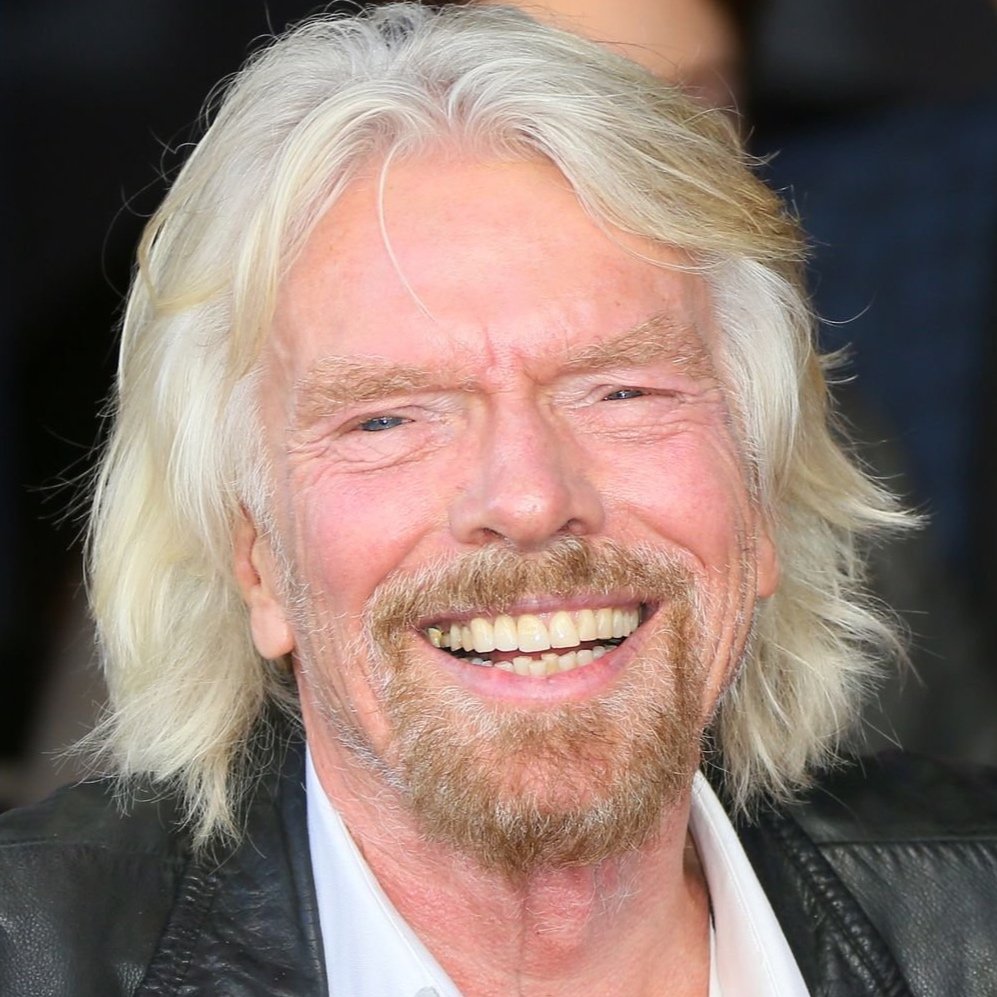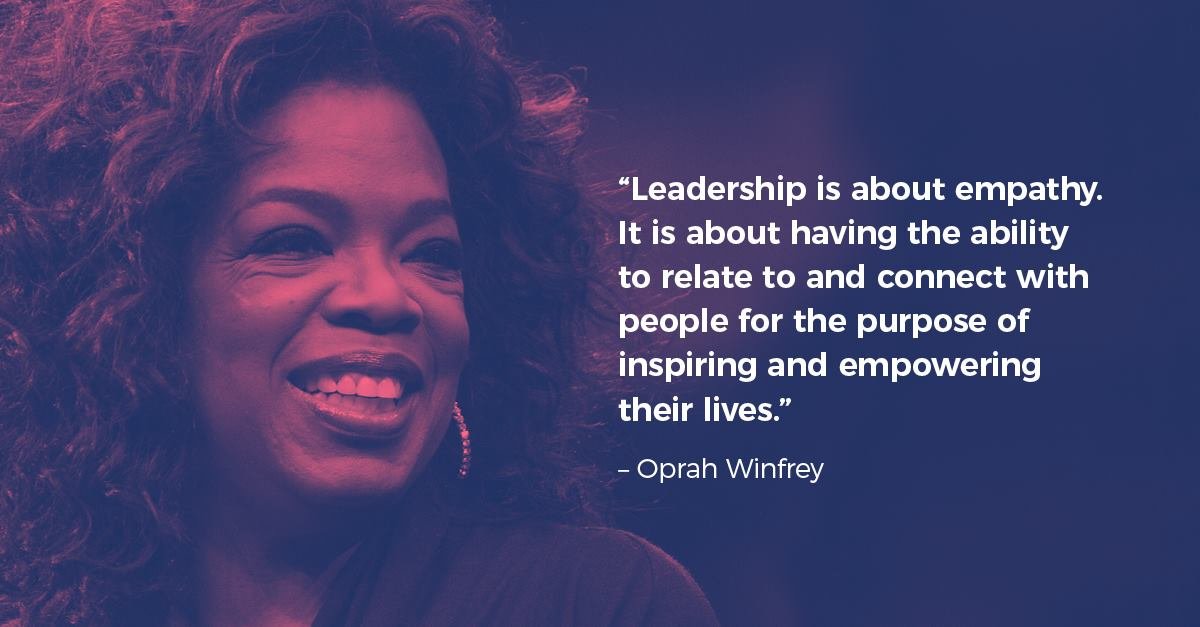Leadership Styles in Product Management
A quick look at leadership books recommended by Harvard Business Review reveals a whopping 230 titles. Yikes. Who has time to read all those?
Most leadership books say the same thing repeatedly, so none are worth reading word for word. Leadership books are dumb philosophy. Real philosophy is much better.
Rather than wade through a bunch of titles, start where you are right now. What kind of leader are you today? Leadership is a skill. Skills start as instincts and get developed through training. If you want to be a leader, and especially learn how to effectively lead product managers, you need to know what your natural leadership instincts are.
Over years of working with a range of tech leaders from all walks of life, Fortune’s Path has identified four leadership styles: the Finder, the Maker, the Delegator and the Decider. Most people use a combination of styles, but one or two tend to dominate. Our popular leadership assessment helps you identify and establish your leadership style. Still, remember these instincts are not destiny. All can be developed or moderated, and you may already possess more than one of these instincts.
Here’s a closer look at each one.
The Finder
The Finder enjoys research and learning. They collect things and ideas, and won’t begin a task until they’ve gathered enough information to feel comfortable about taking the first step. As a result, they’re often the person most knowledgeable about a given subject or task. This also gives them the ability to be big picture thinkers. They see the whole board and can draw inferences and interconnection others may miss. Their breadth and depth of knowledge gives them security and confidence.
Great product managers are often Finders.
Finders like to get their hands dirty. When appropriately motivated, they can play both team player and coach. Yet that great team player can turn nagging naysayer — they can easily convince themselves no one can do the job better than they can. Subsequently they can be both critical of others and have difficulty delegating tasks.
Bill Gates, a classic Finder, ran into problems delegating and was too often critical of others’ work. In the early days of Microsoft, his Finder strength of asking the tough questions became too critical, alienating staff and creating unnecessary friction. He had to learn how to get involved at the appropriate level: think inspection vs. micromanagement.
Barack Obama, another type of Finder leader, also takes that big board approach, but adds a heavy dose of inspiration and an emphasis on optimism. President Obama’s “yes we can” attitude allowed him to see the victory before anyone else could.
The Scientific Method was gaining influence when Charles Darwin shoved off for a five-year global voyage aboard the HMS Beagle to initiate his research into natural selection and species adaptation.
HMS Beagle, 1826
Darwin’s vast knowledge of and curiosity about the natural world, his open mindedness, and willingness to collaborate and share findings with other scientists are hallmark traits of Finders. If he were running an organization today, he’d likely be applying his vast body of knowledge to figuring out how his company can smoothly adapt to change, and guide his team towards the sometimes painful process of giving up something in order to adapt to the unknown future.
Primatologist and conservationist Jane Goodall shares with Bill Gates a need to keep her hands in the dough. At 89, she conducts field research and continues to build her knowledge base. If Bill Gates has wrapped his life around software, Goodall has taken her intense interest in the life of chimpanzees to create a whole new understanding of their behavior, and the lessons it holds for our own. Like Darwin, she is always open to new ideas and letting science lead her towards greater innovation.
The Maker
You’re either married to one, are a child of one, or you are one. Makers are just that. Folks who dive head first into tasks with great zeal. They learn by doing, and having that basement or garage workshop, backyard garden, or art studio is where they work it out in solitude. They’re not necessarily averse to working with others, but they do their best thinking and innovating alone. This is another leadership style common among great product managers.
Like Finders, they have a boundless curiosity, but perhaps not the sense of wonder Finders can easily muster. Makers are progress-driven, and as such need concrete goals and visible hallmarks of their progress.
Their downside? They can have trouble scaling - they don’t know when to stop tinkering with the product and plan for growth. They’re also not humble leaders — they can have trouble admitting they’re wrong, which can veer them into narcissist territory. But when they concentrate on building their leadership skills, no one’s better at being the extension and representation of their organization’s brand.
Well Known Makers
Maker Martha Stewart is a big believer in well-calculated risk, discipline, and finding that one thing that endlessly fascinates and interests you. Like all Makers, she is a lifelong learner, which in turn makes her comfortable with change:
“My new motto is: When you're through changing, you're through.”
- Martha Stewart
Starting with a Connecticut-based catering company, she built a lifestyle empire, lending her acquired expertise into everything from gardening and interior design to how to repair a broken window.
Founding Father Benjamin Franklin was a polymath, making historic contributions to not just the founding of the US and establishing its first diplomatic corps, but the first fire department, the first library, and groundbreaking experiments in electricity, to name a few. Like Stewart, Franklin never stopped learning, and his ability to adjust to change helped accommodate his wide-ranging interests.
Steve Jobs is perhaps our era’s greatest Maker. He founded an entirely new way of living, working, learning and thinking with his seminal Apple products, the first personal computer, iPhone, iPad…you get the idea.
Jobs started tinkering with electronics in his father’s garage, and didn’t stop until his untimely death from cancer at age 56. While not as disciplined in the classical sense as Franklin and Stewart, Jobs combined the visionary aspects of the Finder with the get-it-done drive and energy of Makers. He could be a mercurial and autocratic leader, but he pushed/inspired his team to change the world.
The Delegator
At one point in management history, Delegator was the gold standard of leadership. Veterans returning from the Second World War were already accustomed to the rigid hierarchical structure of the military, which cultivated the Delegator style. Those vets and others transferred it to civilian life to build the booming post-war economy.
Delegators succeed by identifying the right person for the job, then enlisting and motivating that person to do it. It’s their first instinct: who is the best for this job?
As we’ve seen, not everyone is comfortable with hands-off leadership. But Delegators are hardly hands-off. They simply have the patience and tenacity to absorb the mistakes of subordinates, and only interfere when things are clearly off track. They’re comfortable managing up and down — collaborating with leadership and subordinates with equal ease — a trait that’s practically table stakes for product managers.
Delegators are the best leaders for operating a company at scale without bogging it down in bureaucracy. If you want to go fast and get a lot done, you have to delegate to people you trust. But watch out - Delegators who don’t have anyone to delegate to can be the wrong fit for the size of the organization.
Delegators Who Made a Difference
Well known Delegators include Second World War Allied commander and two-time President Dwight Eisenhower, former movie star and two-term President Ronald Reagan, and Virgin founder and entrepreneur Richard Branson. Unlike most transformative leaders, who tend to be the oldest or only child in their family of origin, Delegators are often the younger or middle sibling, like Reagan and Eisenhower. They know how to keep the peace.
Virgin founder Richard Branson
Unlike most transformative leaders, who tend to be the oldest or only child in their family of origin, Delegators are often the younger or middle sibling, like Reagan and Eisenhower. They know how to keep the peace. Delegators are likable, value teamwork, and are equipped with heaps of emotional intelligence. Like the famously sunny Reagan, Delegators are also optimists. But when things go wrong, they’re willing to take the blame and accept responsibility.
The Decider: Leadership is Never a Burden
Deciders have an outsized, often larger than life personality, which helps build broad consensus and a commitment to a larger purpose. For Deciders, leadership is almost never a burden and is something they clearly enjoy. Of the four leadership styles, the Decider has a natural charisma and ego strength. They’re born leaders.
Like Delegators, they are masterful at delegating. They turn to their trusted staff/co-workers to provide all appropriate options, then act on their counsel to make a decision. But as they weigh those options, they’ll ask probing questions, and may ultimately redefine the available choices. It’s a natural part of their decision making style to explore an issue from all sides.
The Downside of Deciders?
Deciders can concentrate power in their hands and don't let other people make decisions. They can also fail to understand what they don't know, and so can make bad decisions because they work from a place of ignorance. They’re also prone to oversimplification.
Deciders are Natural Leaders
Billionaire Oprah Winfrey leveraged her long-running talk show (25 years) into building a media empire, and shows no signs of stopping. She is genuinely interested in others, and brings her look-at-it-from-all-sides Decider perspective to make the tough calls. From a hard-earned position of ego strength, Winfrey demands authenticity from herself and those around her. There’s no facade to hide behind, because she believes only those who are truly honest with themselves can expect the same from others.
New Deal President Franklin Roosevelt, the only US president to be elected four times to the office, was an inspirational leader for generations. This Decider loved being the center of attention. He used his considerable charisma to charm opponents and supporters alike to embrace his agenda, which included enacting policies to ultimately end The Depression, and mobilizing an entire nation to win the Second World War by demanding unconditional surrender from opponents Germany and Japan.
Other notable Deciders are entertainment figure and two-term California governor Arnold Schwarzenegger, and civil rights leader and orator Martin Luther King Jr., who is memorialized on the exterior of Westminster Abbey as one of the 10 Christian martyrs of the 20th century.
Build On Your Leadership Instincts
We spend much of our waking hours at work. Those hours should be worth more than just the salary you earn; they should help you become a better person and a more virtuous leader. We can get you started.
The first step is to take our leadership assessment. It takes about 10 minutes. We’ll process your responses and provide actionable intelligence towards honing your own leadership style.
If you’re ready to go deeper, Fortune’s Path offers product leadership training. Fortune’s Path uses your own KPIs/OKRs and our 12 Steps of Leadership framework as the basis for a three-month coaching program. It’s a roadmap for professional development that builds confidence, provides measurable progress on your OKRs/KPIs, an improved professional brand, and better relationships with peers and leadership.
Other Leadership Resources
Books
How to Win Friends & Influence People by Dale Carnegie
The 7 Habits of Highly Effective People by Stephen R. Covey
(don’t mess with the others; these are all instructional leadership books you need)
For Inspiration
Steve Jobs biography by Walter Isaacson
Benjamin Franklin biography, also by Isaacson
The Ride of a Lifetime - Disney CEO Bob Iger’s memoir
Ted Talks
https://www.ted.com/talks/roy_wood_jr_how_comedy_helps_us_deal_with_hard_truths




